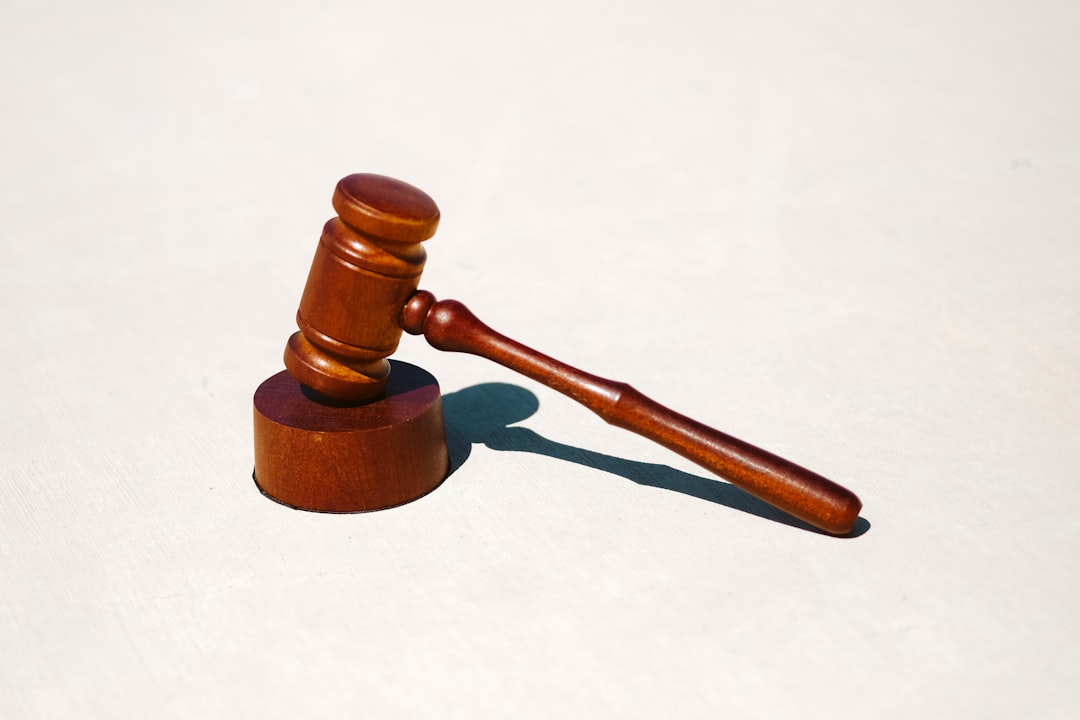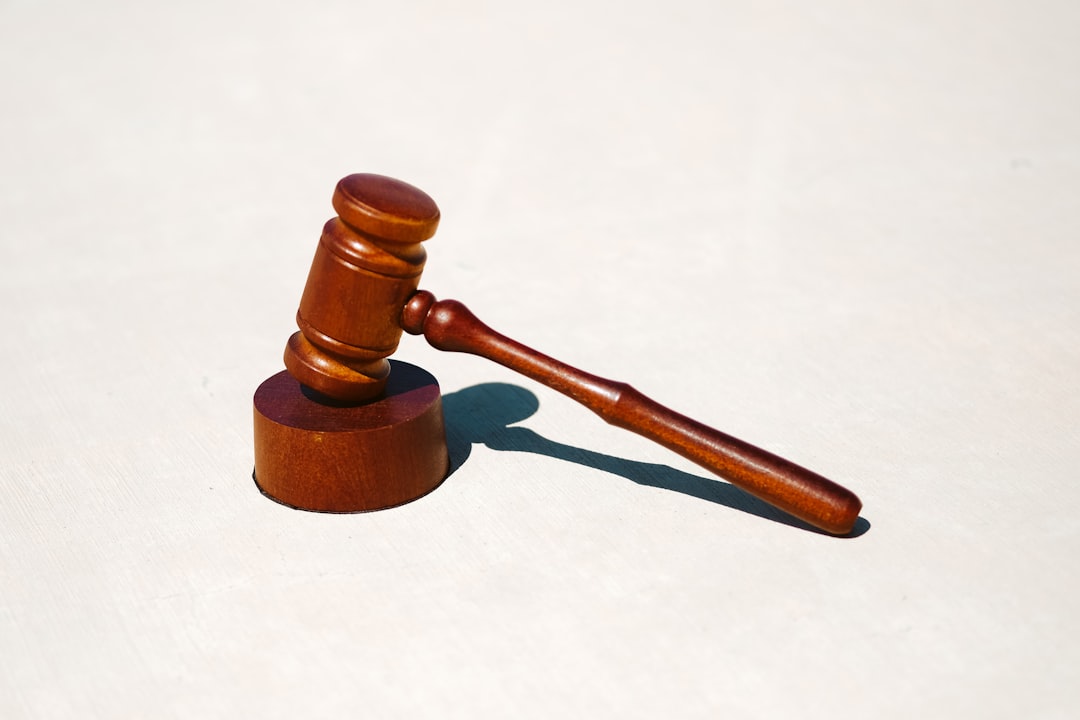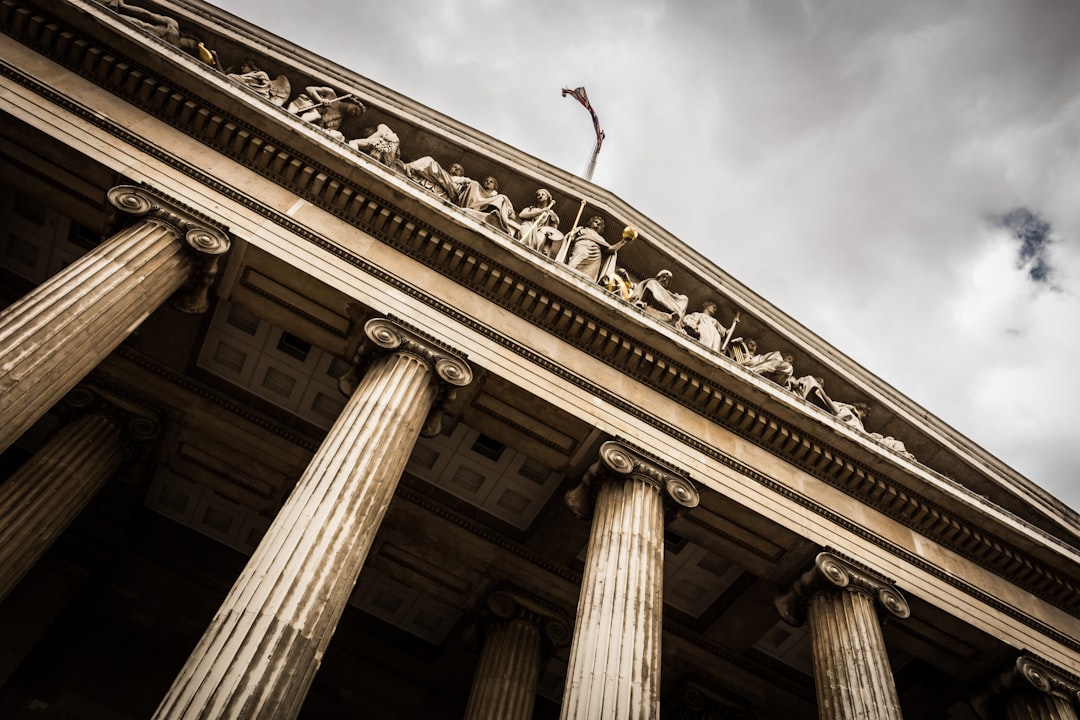“In Colorado, survivors of abuse face complex legal journeys towards justice and healing. This comprehensive guide explores the state’s unique legal framework designed to support victims of various forms of abuse. We delve into the crucial role a specialized sexual abuse lawyer in Colorado plays in navigating these complexities. From understanding your rights to the steps involved in the justice system, this article equips survivors with knowledge. Additionally, we highlight valuable resources and support systems available across the state.”
Understanding Colorado's Legal Framework for Abuse Victims

In Colorado, the legal framework is designed to protect and support survivors of abuse, including those who have experienced sexual abuse. If you are a survivor seeking justice in Colorado, understanding your rights and the available legal avenues is essential. A sexual abuse lawyer Colorado can guide you through this complex process, ensuring your voice is heard and your rights are upheld.
Colorado laws offer various forms of protection for victims of sexual abuse. These include strict statutes of limitations, which set time frames for filing criminal charges or civil lawsuits, and provisions for confidential reporting and support services. The state also has specific laws addressing sexual assault, domestic violence, and stalking, providing clear legal frameworks for survivors to seek redress and safety.
The Role of a Sexual Abuse Lawyer in Colorado

In Colorado, a sexual abuse lawyer plays a pivotal role in advocating for survivors and ensuring justice. These legal professionals are equipped to handle sensitive cases involving sexual assault, harassment, and related crimes, providing crucial support to victims who may feel helpless or unsure of their rights. They offer specialized knowledge and expertise, guiding clients through complex legal systems and helping them understand their options.
A sexual abuse lawyer in Colorado can assist survivors with various aspects, including filing criminal charges, seeking civil remedies for damages, and advocating for therapy and support services. Their goal is to protect the rights of victims, secure justice, and help them heal by providing a safe space to share their experiences. With their guidance, survivors can navigate legal processes with dignity and focus on their well-being.
Navigating the Justice System: Steps for Survivors

Navigating the justice system can be a daunting task for survivors of abuse, especially when facing charges or seeking compensation. In Colorado, survivors of sexual abuse have legal rights and options available to them. The first step is to consult with an experienced sexual abuse lawyer in Colorado who understands the complexities of these cases. They can provide guidance tailored to the survivor’s unique circumstances, ensuring their rights are protected throughout the process.
A qualified attorney will assist survivors in understanding the legal options, from filing a criminal complaint or civil lawsuit against the abuser to navigating any ongoing court proceedings. They will advocate for the survivor’s best interests, helping them to gather evidence, interview witnesses, and build a strong case. This support is crucial, as it enables survivors to focus on their healing journey while ensuring their voice is heard in the legal arena.
Resources and Support for Abuse Survivors in Colorado

Colorado offers a range of resources and support systems for survivors of abuse, including sexual assault and domestic violence. Many non-profit organizations throughout the state provide critical services such as safe housing, crisis counseling, legal advocacy, and medical care to those affected by trauma. These organizations often work closely with local law enforcement and government agencies to ensure that survivors receive comprehensive assistance.
For individuals seeking legal representation, there are specialized sexual abuse lawyers in Colorado dedicated to advocating for the rights of survivors. These attorneys can guide victims through the legal process, help them understand their options, and fight for justice and compensation. Legal aid societies and pro bono programs also make legal services more accessible, ensuring that financial barriers do not prevent survivors from pursuing justice.






